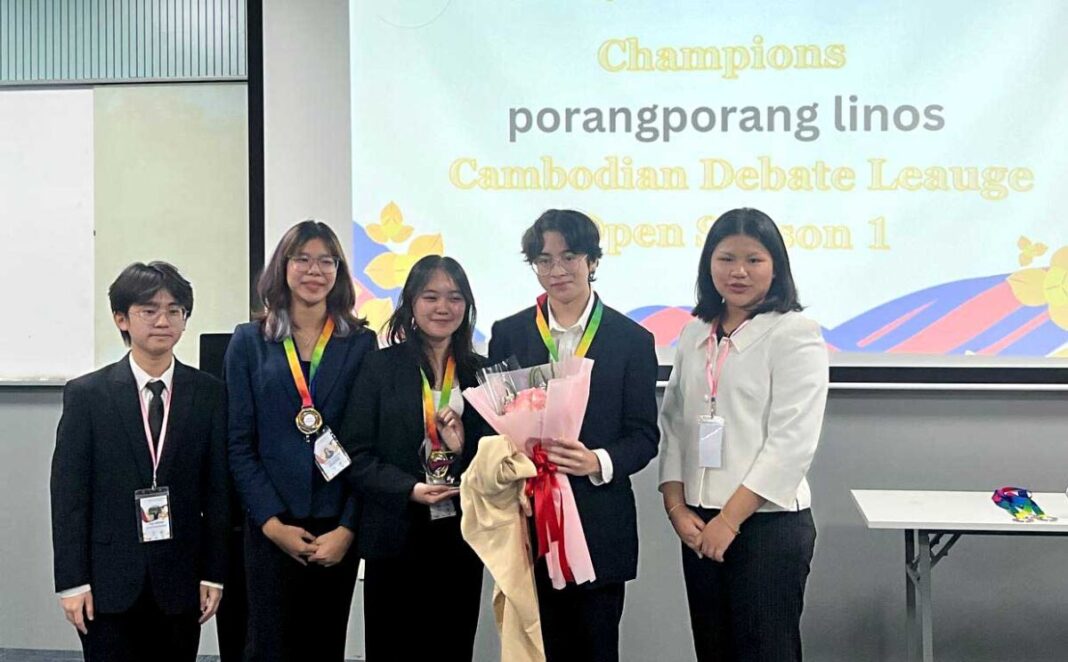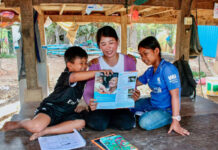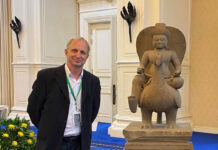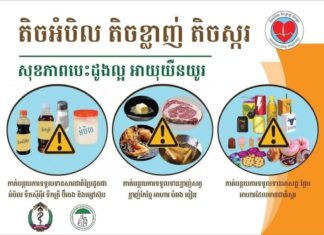They came ready for rhetorical battle — armed with facts, figures and fiery wit.
More than 65 high-school students faced off in the first Cambodian Debate League Open, held in early December at the American University of Phnom Penh. They clashed over topics such as the environment and criminal justice system.
After two days of verbal duels, Porangporang Linos, a team of Phnom Penh high-school and university students, was crowned champion. Stunseed, a team from Western International School, took second place.
“We really didn’t expect to do so well,” said Saraknita Tith, 16, from team Porangporang Linos. “But the team worked very hard and stayed mentally strong, and we made it through every round. This just shows that a little bit of dedication and perseverance goes a long way.”
The Cambodian Debate League was founded in early 2023 by Lam Lykeo, a high-school junior at AUPP, which has a secondary education program in addition to the university curriculum.
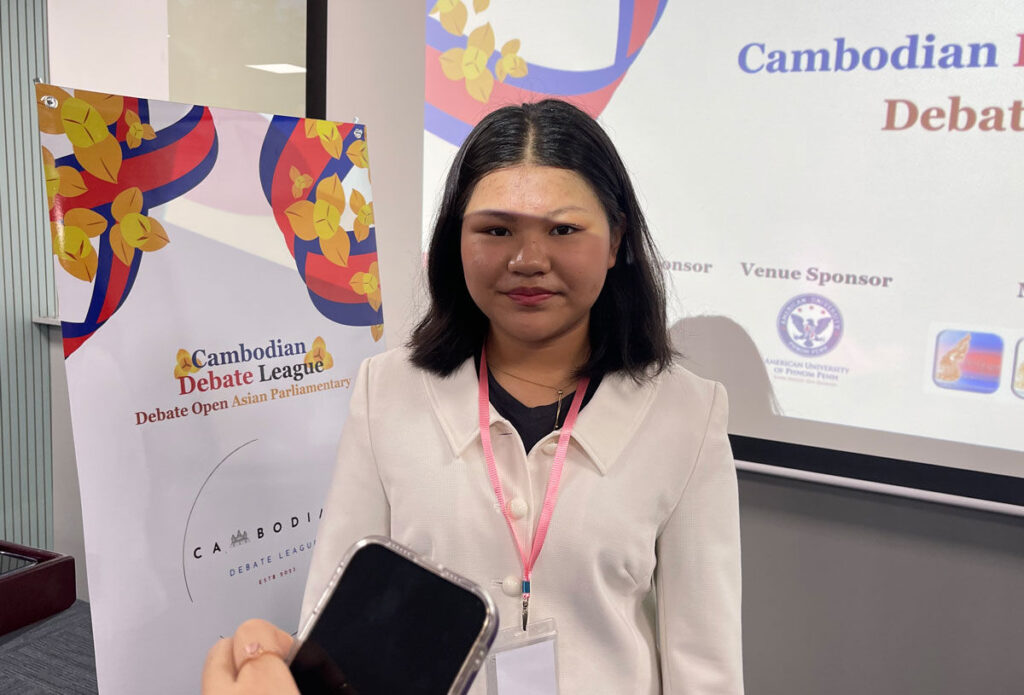
A friend introduced her to debate during her sophomore year, and she was instantly hooked.
“People say you either love it or hate it,” she said. “I agree. Much of learning debate is losing rounds and listening to OAs, which basically highlight all your flaws.”
OAs, or “oral adjudications,” are the highly detailed critiques given by judges after debating rounds. They are often harsh, and accepting them — and the losses — were a challenge.
“Taking the ‘L’ in debate rounds, though it could sound sad and depressing, is actually quite the opposite,” Lykeo said. “Losing a round means you get to listen to great feedback and hone your skills. Though a lot of my debate stories mainly consist of losses, I could argue that those losses taught me more than my few wins.”
The League follows the Asian Parliamentary format, which competes with five-member teams at larger competitions and three-member teams at smaller ones. Arguments are timed, and exceeding the limit results in severe penalties.
The face-offs are trials by fire, participants say. Even so, they teach skills that extend far beyond the podium — like how to win arguments and handle disagreements, and that mountains of hard work don’t always translate into victory.
“Debate teaches people that it’s fine to lose,” said Kimse Ear, 17, a core CDL member.
“Debating culture in Cambodia is important, as it allows students to discuss certain issues and dilemmas that are happening in our society,” he said. “The debating culture allows people to easily make friends and allows them to feel safe to express their ideas and opinions.”


